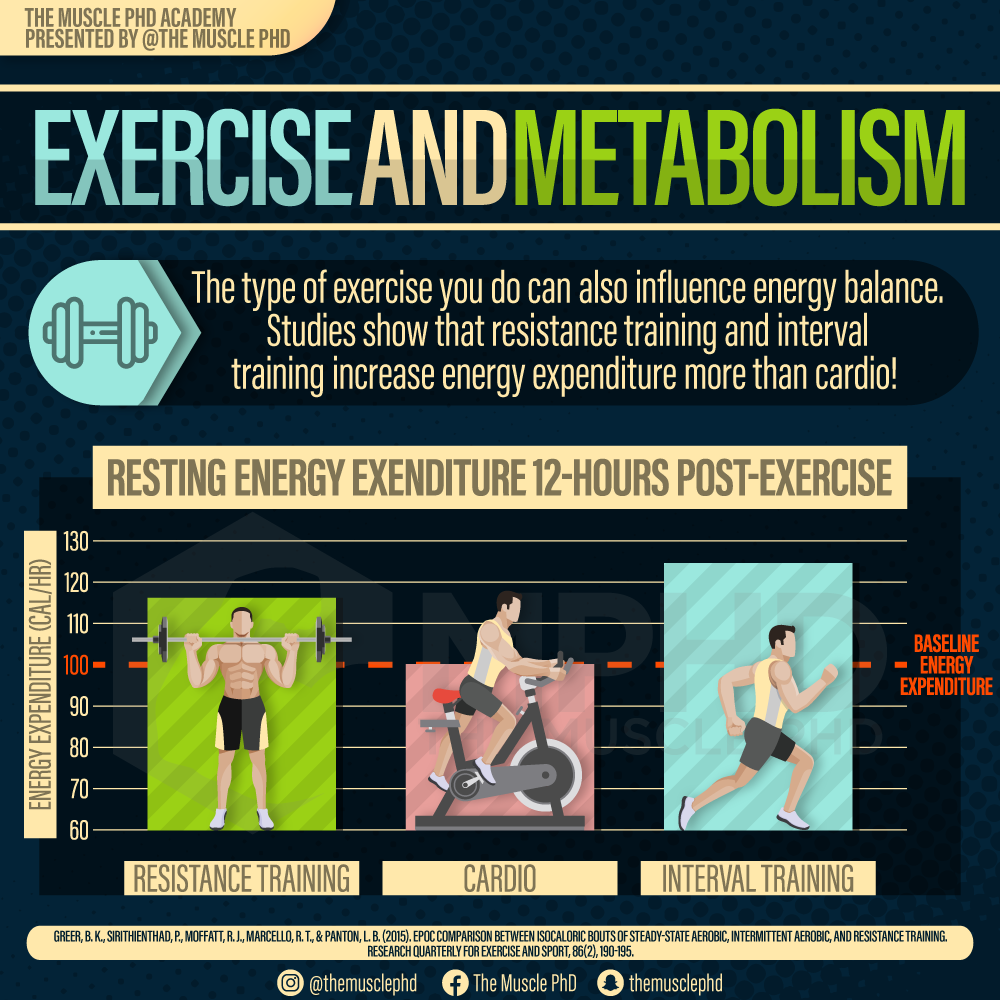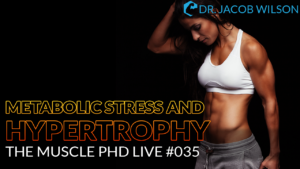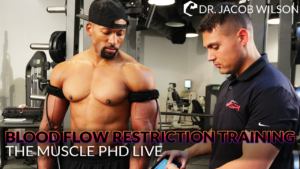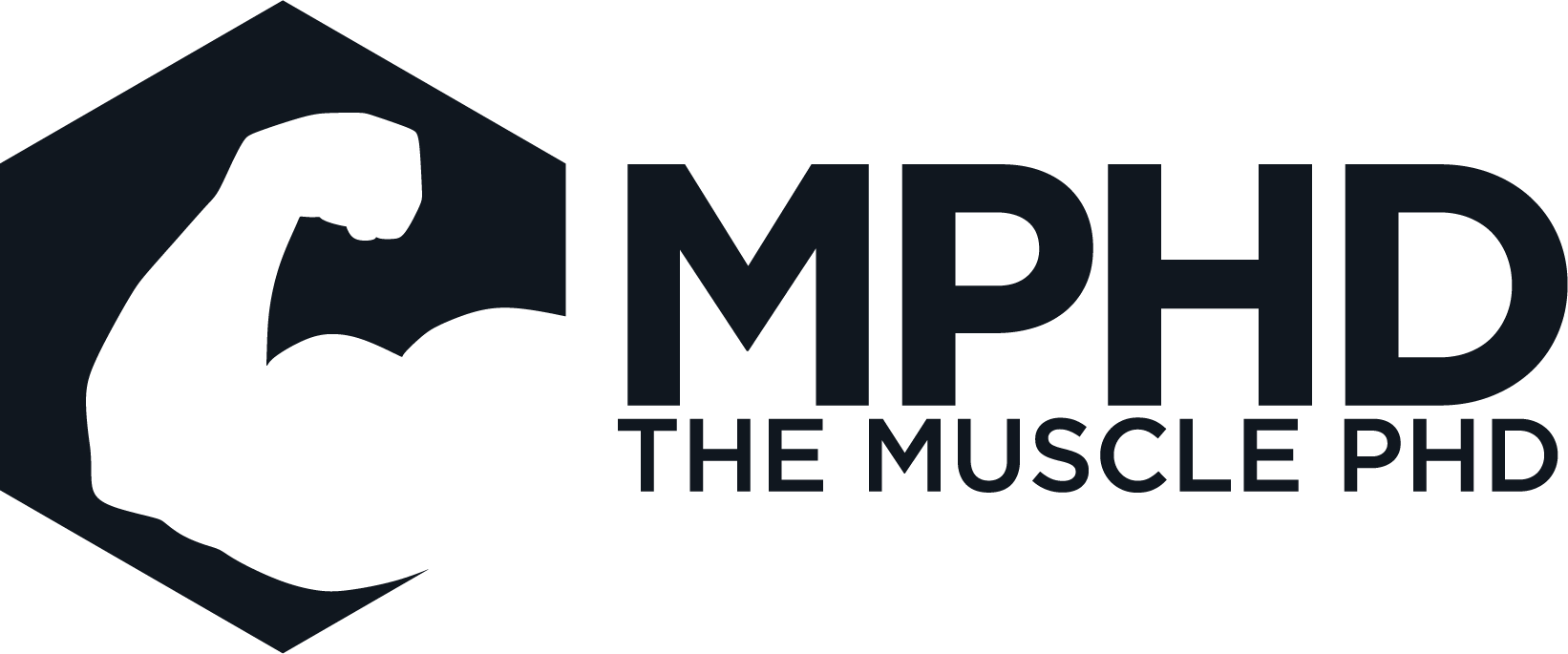
Protein Intake and Bodybuilders
Most current scientific reviews state that the optimal protein intake for maximizing muscle gain is well below what many bodybuilders consume. Is this true?
The most comprehensive bodybuilding and exercise science course that’s designed to equip you with the knowledge and skills to become a versatile coach, capable of training individuals from all backgrounds and enabling you to establish a thriving business of your own.
The most comprehensive bodybuilding and exercise science course that’s designed to equip you with the knowledge and skills to become a versatile coach, capable of training individuals from all backgrounds and enabling you to establish a thriving business of your own.

Most current scientific reviews state that the optimal protein intake for maximizing muscle gain is well below what many bodybuilders consume. Is this true?

There’s many different pathways one can take when attempting to achieve bodybuilding glory. Let’s examine three such of these paths and how they eventually converge.

The debate about knee safety during the squat has raged over the past few decades. Let’s dig into what the science says about squats and knee health.

Researchers and bodybuilders alike have pondered over the years if it’s possible to isolate muscle fiber types with specific training strategies. Is this possible?

Intensification Methods are strategies designed to push a muscle past failure and maximize growth. Do they work? Is there any science behind them?

How different are men and women when considering exercise performance and training adaptations? Let’s dive into what the science says about this topic.

We often hear that exercise can boost metabolism. What does this mean? Do all forms of exercise have similar effects?

Many believe in the mantra, “no pain, no gain,” but does that really apply to resistance training? Current literature shows that muscle damage is not necessary for hypertrophy.

Training while sick is a tricky scenario in that it’s easy to overtrain given the amount of stress your body is already under. Follow these recommendations for optimizing training while not overstressing the body.

Drop sets are an intensification technique used by many bodybuilders to train past normal muscle failure. This study found that adding a drop set resulted in more growth than normal training!

Using mind-muscle connection techniques can increase muscle activation during strength training, but what about force production?

This study found that adding burnouts at the end of every workout in the last 4-weeks of a training protocol increased gains in size and strength more so than other training protocols.
Take a short quiz to create a program that’s tailored to your goals and needs. No more going to the gym day after day just to get zero results. Crush through plateaus and start getting the gains you deserve with a custom training program.
Takes 4 minutes

In this episode of the Muscle PhD Live, we will discuss Metabolic Stress and hypertrophy. We will also answer your questions

In this video we will discuss the optimal reps for growth and how to create the right environment for optimal muscle gains.

In this episode of the Muscle PhD Live Academy we will discuss how to properly set up and implement blood flow restriction training

Is intra-workout nutrition important? We discuss the importance of intra-workout nutrition and your nutrient intake to increase anabolism.

Dr. Wilson will discuss the benefits of collagen supplementation, the best sources of collagen, and the best times to take it.

In this MPHD Live, we discuss Training Frequency to maximize gains and help you achieve the best overall results
Our sophisticated macro calculator utilizes numerous body metrics and lifestyle habits to provide you with a full-calorie and macro breakdown to help you achieve your dream physique.

